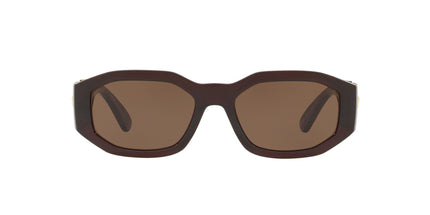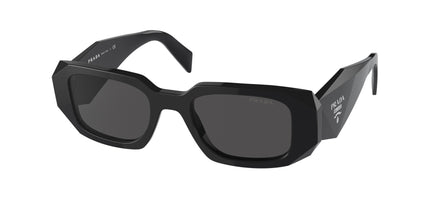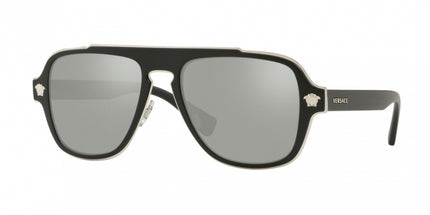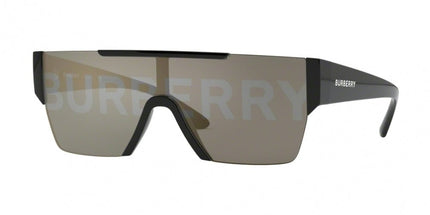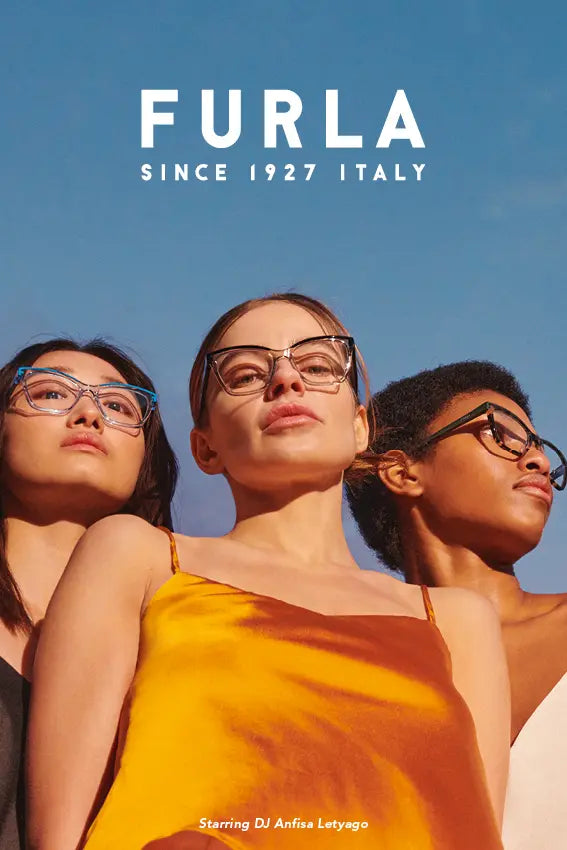Eyeglass Coatings: Which One Is Right For You?

Choosing a suitable lens coating for your eyeglasses can be difficult - especially when you know nothing about it. But with our guide, this process will be seamless and hassle-free. Lens coatings are the perfect solution to common eyeglass problems.
These include scratches, lenses fogging up, and other eye conditions related to UV light and glare. With so many questions and choices in hand, you may feel overwhelmed. However, our brief guide is enough to find the right fit for you.
Types of Eyeglass Coatings
1. Scratch Resistant Coating
Scratch resistant coatings are great universally for all eyeglass lenses. These eyeglass coatings protect your vision and extend the life of the lenses. If you are one of those glasses wearers who drop their glasses frequently, the scratch resistant coating will be the best.
This is because scratch resistant coating makes the lens harder, reducing the impact of falls. But remember, this eyeglass coating type is only resistant to scratches; it can’t prevent hard scratches from hard falls.
Pro Tip: Keep the glasses in a case and use a microfiber cloth to clean them. This will help reduce the chances of scratches appearing on the lens.
Point to Remember: Once your glasses develop scratches, buffing or removing them will not be possible. So, be extra careful with your clear or sunglasses.
2. AR (Anti-Reflective Coating)
Also called anti-glare coating, AR coating has thin multi-layers that eliminate reflections from the glass lenses' back and front surfaces. The lenses become almost invisible with AR coating, making people focus on their eyes more clearly.
This coating also eliminates the glare, offering better vision while driving during the day and night or while reading or using your laptop. AR coating is best for high index and polycarbonate lenses - because these lenses reflect more light than plastic or regular glass lenses without AR coating.
Aspheric lenses with flatter edges or curves than regular ones also need AR coating. The reflections of these lenses are way more noticeable so buy aspheric lenses with AR coating. Moreover, if you love sunglasses, adding AR coating to the back surface will remove the bounce back reflections while you face away from the sun.
Eye care specialists also recommend using photochromic lenses with AR coating for optimal comfort under any lighting condition.
3. Anti-Fog Coating
Fog is a real hindrance for people with glasses. If you live in a cold climate, your glasses will fog up very quickly. This can be a safety hazard as foggy glasses can limit the ability to see.
Fogged lenses can be a great problem for first respondents and police officers in urgent emergencies. So, have your glasses with an anti-fog coating to keep your vision clear while moving from cold surroundings to warmer ones.
Your anti-fog lens will come with an anti-fog activator lens cloth to keep the glasses squeaky clean. As a result, you will have fog-free glasses and vision for several hours.
4. Blue Light Blocking Coating
Blue light technology glasses are pretty famous among glasses wearers. Blue light comes from the sun, digital devices, and artificial lighting. It can cause blurred vision, dry eyes, and distorted vision.
You will find many glasses with a blue light coating the lenses. However, some lenses have blue light technology integrated into them. With this, the lenses absorb blue light better, offer enhanced longevity, and lower the chances of scratches.
5. Ultraviolet (UV) Coating
Ultraviolet (UV) coated lenses use an invisible dye that blocks harmful UV rays. This process is the same as applying UV protection lotion to prevent UV damage and keep your skin safe.
With UV protection glasses, your eyes will remain safe from the damage caused by the scorching sun. If you stay in the sun quite frequently, the chances of having retinal damage, developing cataracts, and other eye problems become high.
It is untrue if you think regular plastic lenses block all the UV rays. There is only one way of blocking UV rays, and it is by using UV-blocking eyeglasses. It gives 100% protection to your eyes.
However, if you use high-index plastic or polycarbonate plastic for your lenses, they will protect your eyes completely from damaging UV rays. So, adding UV dye won’t be necessary. Furthermore, the photochromic lens also blocks 100% of UV rays without requiring any UV lens for the glasses.
Conclusion
Consult your eye specialist to understand which type of eyeglass coating works best for you. The right coating for your glasses is essential to keep your vision healthy and 100% protected. So, choose wisely!








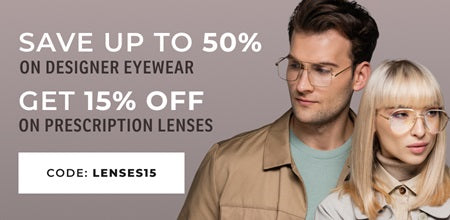




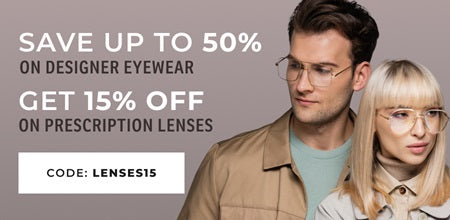

 Back to Blog Page
Back to Blog Page




